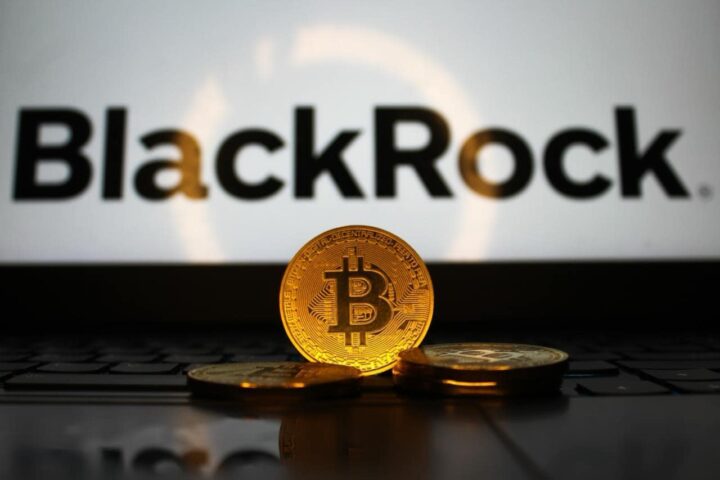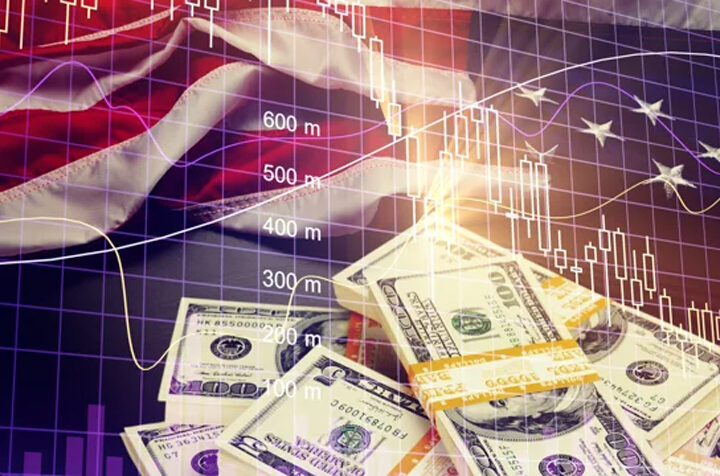By Heather Scott
The US economy saw a hiring surge in February, pushing the jobless rate closer to its pre-pandemic level as hard-hit sectors recover from the impact of Covid-19.
American employers added 678,000 workers to their payrolls last month, driving the unemployment rate down to 3.8%, the Labor Department reported Friday.
The report is good news for President Joe Biden, who has highlighted the strong economic recovery even as inflation has accelerated and undermined his approval rating.
Due to Russia’s invasion of Ukraine, inflation could see further acceleration as oil and other prices surge.
“Today’s report shows that my plan to build an economy from the bottom up and the middle out is working,” Biden said of the report.
Pointing to the success in combating the virus, Biden noted that “Since I took office, the economy has created 7.4 million jobs.”
He repeated his pledge to “tackle head on the challenge” of rising prices but said the US economy “is uniquely well positioned” to deal with inflation.
The surge in hiring last month far surpassed the consensus forecast, although some economists were calling for a big increase as the world’s largest economy gets back on track.
The Omicron variant wave in the United States has faded, leading many local authorities to lift mask restrictions.
Many Americans have also started traveling more and bars and restaurants are rebounding.
“The February jobs report showed an economy moving powerfully past the pandemic,” said Robert Frick, corporate economist at Navy Federal Credit Union.
He cited advances “in sectors beaten down by the pandemic… that show Americans getting back to normal spending patterns.”
‘Solid position’
Job gains were widespread, led by the 179,000 new jobs in the leisure and hospitality sector that was hard hit by Covid-19 shutdowns and restrictions.
Manufacturing and construction saw modest hiring gains, while professional services increased by 95,000, the report said.
The government revised the results in the prior two months, for a combined increase of an additional 92,000 positions in December and January.
Frick said the upward revisions underscore “how well hiring fared even during the height of the Omicron wave.”
“With Omicron all but petered out, we should expect more strong jobs reports.”
However, while the jobless rate fell from four% in January, the share of people in the workforce barely changed.
The data show some groups are taking longer to reap the benefits of the recovery, with unemployment among Black workers at 6.6%, twice the rate for white Americans.
Millions of people are still working part time because they cannot find full-time jobs, and 1.2 million said they weren’t able to look for work due to the pandemic.
Still the solid jobs recovery and concerns over rising inflation have prompted the Federal Reserve to prepare to raise lending rates later this month for the first time since the benchmark rate was cut to zero as the pandemic began.
Chicago Federal Reserve Bank President Charles Evans said the string of jobs gains mean the “labour market is in a very solid position for the US economy going forward.”
He noted the rising wages have benefited workers.
While there was little change in average hourly earnings last month, they have risen strongly in recent months and are 5.1% higher over the past 12 months, the report said.
However, Ronna McDaniel, chair of the Republican National Committee (RNC), noted that consumer prices in the 12 months through January climbed 7.5%, eroding the wage gains.
“Joe Biden is overseeing the great American pay cut,” she said, blaming his policies for “hiking costs for everything from gas to groceries, and leaving workers and families behind.”
© Agence France-Presse










